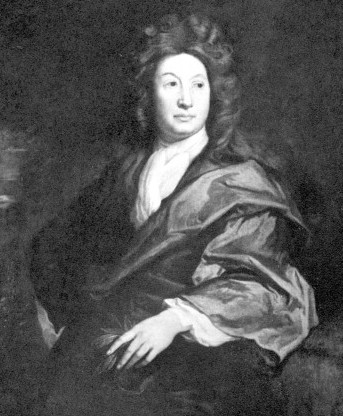
Poet, born in August 1631 at Aldwinkle All Saints, Northamptonshire, England. He studied at Cambridge, and went to London in 1637, where he wrote several plays and satires for the court. His first successful play, written in heroic couplets, was The Indian Emperor (1665). After 1676, he began to write in blank verse, producing his best play, All for Love (1678). In 1668 he became Poet Laureate and in 1670 historiographer royal. Called to defend the king's party, he wrote a series of satires, notably Absalom and Achitophel (1681), which did much to turn the tide against the Whigs. To this era also belong the didactic poem Religio laici (1682), which argues the case for Anglicanism, and The Hind and the Panther (1687), marking his conversion to Catholicism. His political reward was a place in the customs; but he lost his laureateship on the accession of William III (1688). He also wrote a number of important critical works, many in his late years.
'Mr. Dryden ... my departed friend, whom I infinitely esteemed when living for the solidity of his thought, for the spring, the warmth, and the beautiful turn of it; for the Power and variety, and fullness of his harmony; for the purity, the perspecuity, the energy of his expression; and (whenever the following great qualities are required) for the pomp and solemnity, and majesty of his Style.' — John Dennis.
He died on 1 May 1700 in London and was buried in Westminster Abbey.